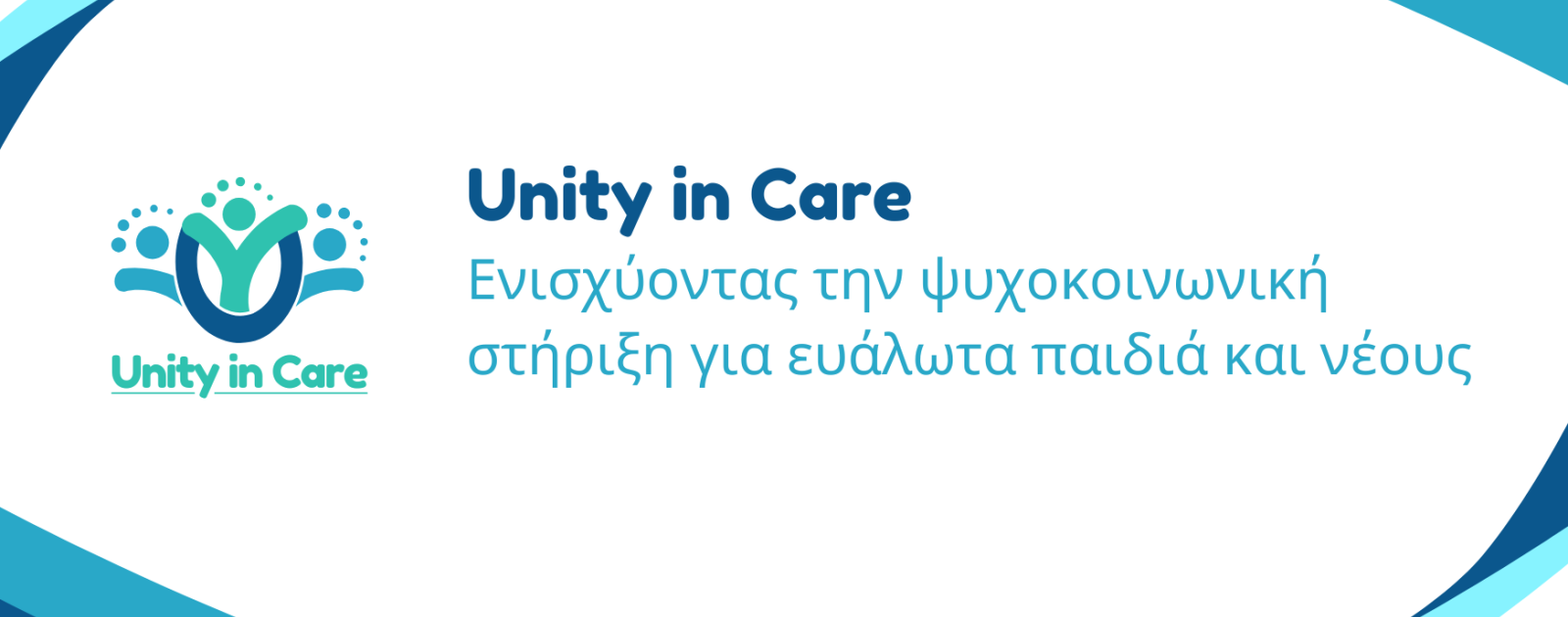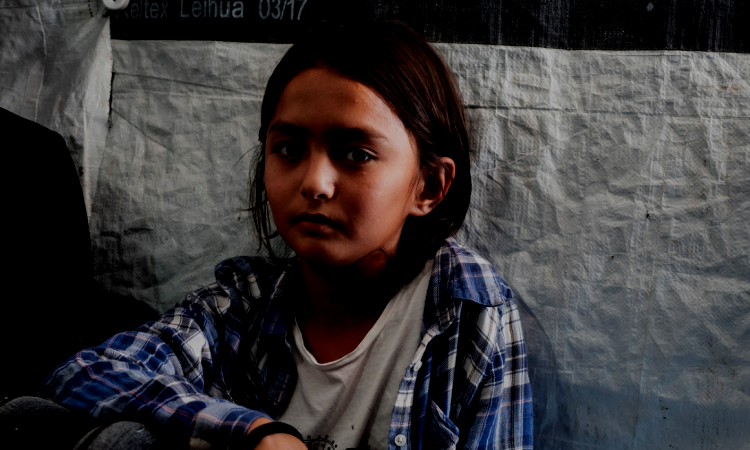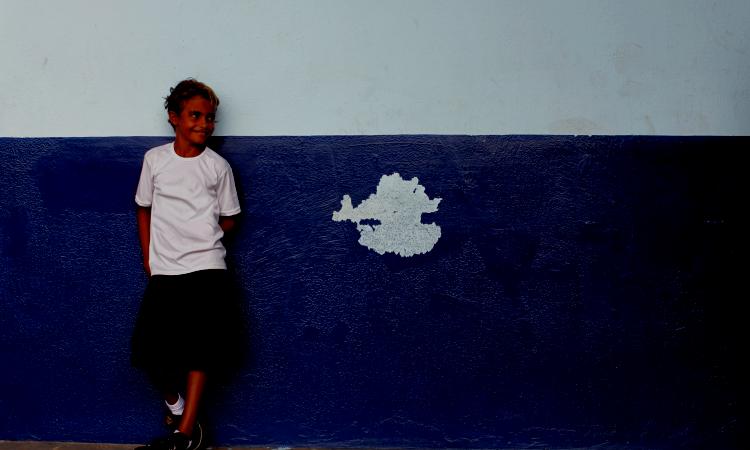
The Unity in Care programme, co-funded by the European Union, continues to expand its efforts to support professionals and communities working with children and young people in vulnerable contexts.
In this article, you’ll find updates on the new training cycles launching in September, the implementation of the Movement, Games, Sports and Creativity (MGSC) methodology, the cross-country adaptation of practices, and trainer workshops held in Romania and Kosovo.
Upcoming Methodology Trainings in Greece
Terre des hommes Hellas invites professionals working with children and youth to join a new training cycle starting in September 2025, focusing on strengthening psychosocial well-being and active child participation through structured methodologies.
MGSC – Empowering Children through Movement & Creativity
The Movement, Games, Sports and Creativity (MGSC) methodology addresses the needs of children living in vulnerable and underserved environments. Through movement and creative activities, it supports the development of life skills and empowers children individually and collectively.
Methodology Adaptation Across Borders
How do we ensure that a methodology designed for one country works equally well in another? Unity in Care tackles this challenge by promoting cultural adaptation and local ownership, transferring proven models across new contexts.
MGSC Training of Trainers – Bucharest
From 26 to 29 May 2025, Terre des hommes Romania hosted a four-day Training of Trainers workshop on the MGSC methodology in Bucharest, gathering professionals from multiple partner countries.
“Move On & Engage” – Training of Trainers in Kosovo
From 16 to 20 June 2025, a five-day Training of Trainers took place in Pristina, Kosovo, with participants from Greece, Romania, Ukraine, Albania, and more – focusing on the implementation of the Move On & Engage methodology.
Funded by the European Union. Views and opinions expressed are however those of the author(s) only and do not necessarily reflect those of the European Union or the European Education and Culture Executive Agency (EACEA). Neither the European Union nor EACEA can be held responsible for them.


